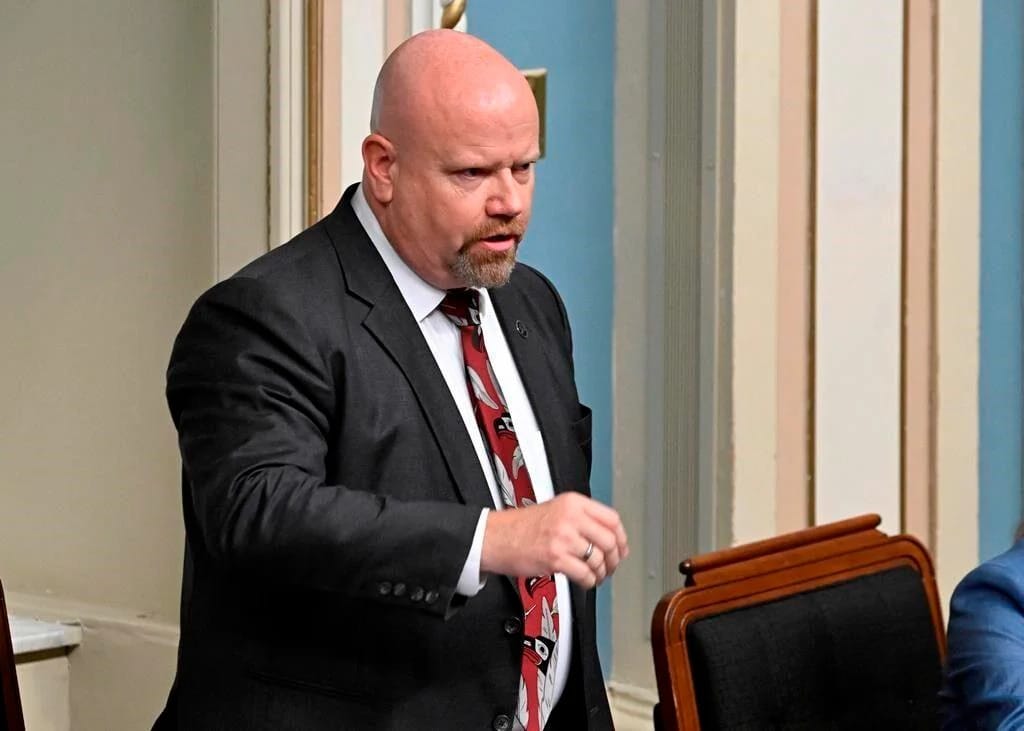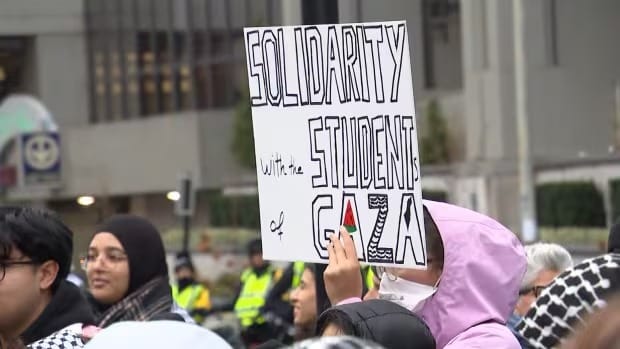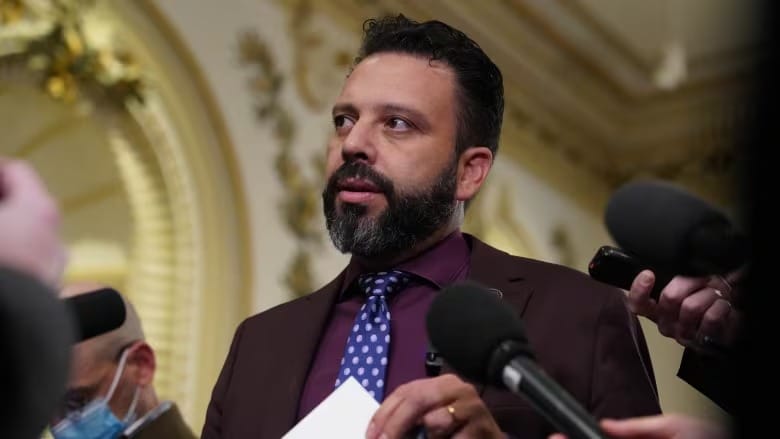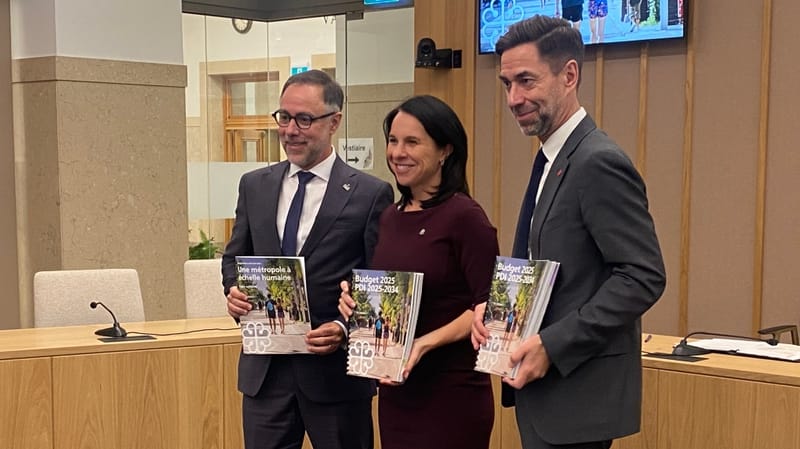Hydro bills unpaid: Quebec claims protests by Indigenous people are "not a good solution"
In the legislature, opposition parties raised concerns about the ongoing situation. Parti Québécois Leader Paul St-Pierre Plamondon criticized the perceived inequity in how hydro customers are treated.

Quebec's Minister responsible for relations with First Nations and Inuit, Ian Lafrenière, has stated that northern communities cannot opt out of paying their electricity bills.
His comments came in response to a Radio-Canada report highlighting that several Indigenous communities have accumulated a significant unpaid electricity bill of approximately $250 million, primarily affecting Cree and Innu nations in areas where Hydro-Québec operates dams or plans to develop wind farms.
Lafrenière acknowledged that some communities have had negative experiences with Hydro-Québec in the past, but emphasized that refusing to pay bills is not a constructive way to express their grievances.
He expressed a desire to work collaboratively with both sides to find a resolution, stating, "We cannot take justice into our own hands," while also noting that most Indigenous hydro clients do fulfill their payment obligations.
In the legislature, opposition parties raised concerns about the ongoing situation. Parti Québécois Leader Paul St-Pierre Plamondon criticized the perceived inequity in how hydro customers are treated.
He remarked, "There are people who pay their bills, and if they don't, there are consequences... and there are others who don't need to pay their bills… I don't see how it will work in terms of equity."
Gabriel Nadeau-Dubois from Québec solidaire advocated for dialogue, suggesting that Hydro-Québec was established without considering the rights of Indigenous peoples. He called for a path of negotiation and recognition of First Nations' rights to improve future relations.
As of now, the Assembly of First Nations Quebec-Labrador has not provided a comment on the matter.





